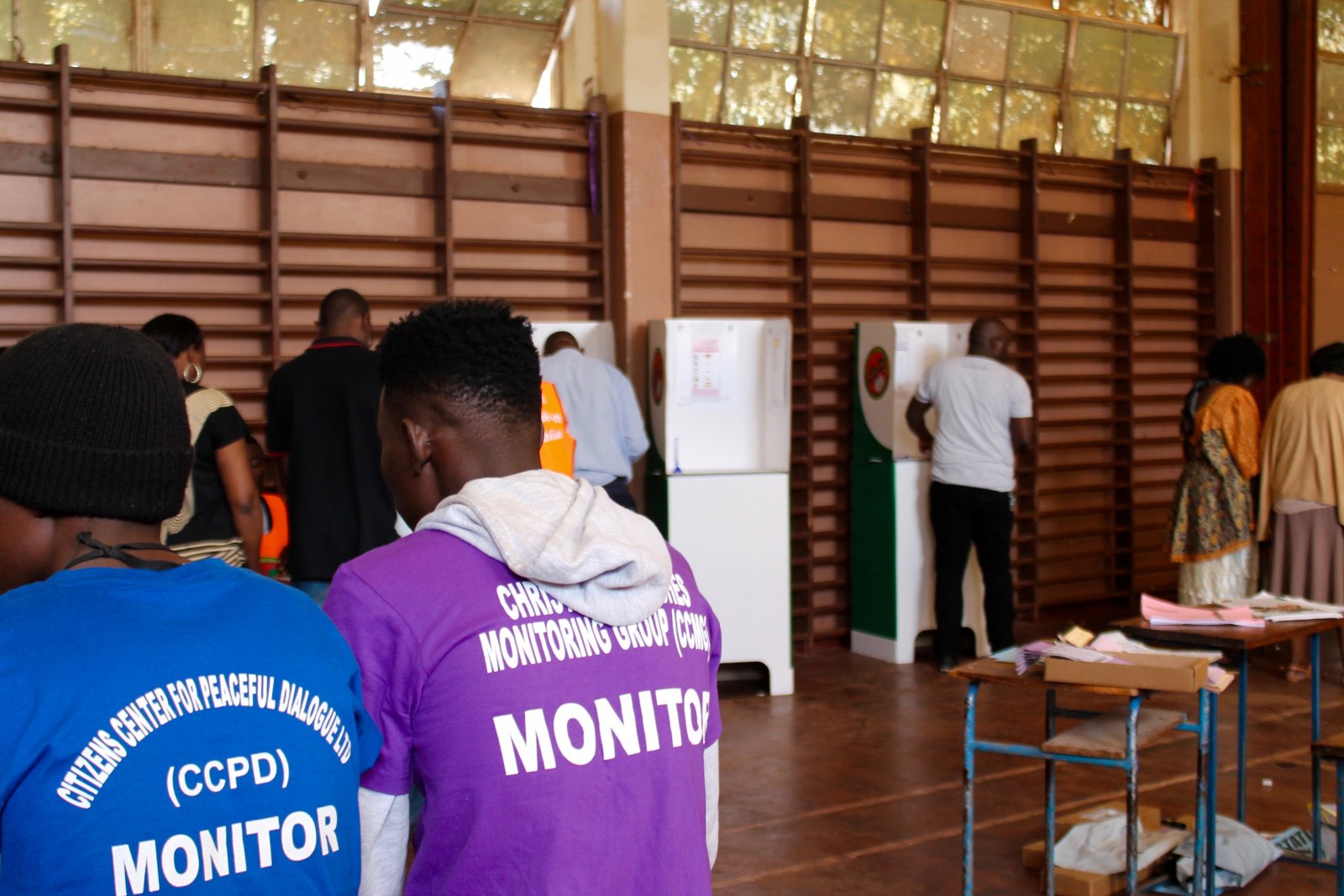
SHARE
Around the world, a diversity of beliefs and nonbeliefs interact with and are integrated into political, social and cultural contexts. This reality makes collaborating and partnering with religious communities to advance development goals, known as strategic religious engagement (SRE), an intricate, yet important, process.
Many development and humanitarian practitioners remain reluctant to engage faith-based organizations because they worry doing so will exacerbate existing religious and ethnic divides. However, evidence shows this isn’t necessarily the case. In fact, when SRE is done methodically, in strong partnership with faith-based organizations, and a “do no harm” lens is applied, SRE can bring credibility to programs and can increase their overall effectiveness.
To better understand the implications of SRE, the National Democratic Institute participated in a four-day Evidence Summit, hosted by USAID’s Center for Faith and Opportunity Initiatives. Summit participants concluded that faith-based organizations and actors remain an untapped resource, particularly in the democracy and governance space. Therefore the Summit provided NDI with an opportunity to learn from other practitioners, and also share evidence on NDI’s decades-long engagement with faith-based organizations in supporting and strengthening democratic institutions worldwide.
NDI has long acknowledged the important role faith-based organizations and leaders can play in partnership with the Institute. These leaders and organizations are trusted among their followers, and often have access to harder-to-reach communities. They can leverage and mobilize nationwide and global networks, putting faith-based leaders and organizations in a unique position to deliver solutions to major problems related to democracy and governance. For NDI, faith-based organizations have played instrumental roles in mobilizing citizens, fostering peaceful participation in political processes and promoting tolerance and inclusion through interfaith and interethnic dialogue.
Citizen non-partisan election observation is a critical space for SRE. In the best of circumstances, supporting the transparency and integrity of electoral processes, as well as the inclusivity of those processes is challenging. Ethnic and religious minorities may face structural barriers intended to discriminate and marginalize because of their beliefs or nonbeliefs. SRE can help overcome these. Throughout Africa and Latin America and the Caribbean, NDI has supported faith-based groups to contribute to or lead citizen observation campaigns, recognizing their perceived neutrality, commitment to democratic principles, existing organizational capacity and geographic reach. And as a result of this strategic engagement, elections have proven to be more inclusive and voters have greater confidence to go to the polls on election day and vote their conscience.
In Zambia, a predominantly Christian country, faith leaders are highly respected and trusted by the public. They therefore have been critical actors in promoting and supporting transparency, inclusivity and accountability around Zambia’s electoral processes. A leading actor in this space is NDI partner, the Christian Churches Monitoring Groups (CCMG), which brings together multiple religious denominations including the Catholic, Episcoplian and Protestant churches to deploy local observers and enhance electoral integrity. To date, thousands of CCMG observers have observed national elections, sub-national by-elections, voter registration, electoral boundary delimitation and the issuance of national ID cards. Currently, CCMG observers are conducting voter registration observation in the lead up to the August 2021 general elections where they will conduct a robust observation including a parallel vote tabulation (PVT). CCMG is particularly successful and effective because of their ability to tap into and leverage existing faith-based networks to identify and recruit observers. In addition, these networks give CCMG access to harder to reach communities and more remote parts of the country to ensure observation data is inclusive and representative. The trust and respect bestowed upon faith-based leaders in Zambia also ensures that CCMG’s observation data and recommendations for improving electoral processes are seen as neutral and non-partisan.
When empowered and given the space, religious communities can work effectively and efficiently across faiths and with diverse civil society stakeholders to promote and enhance democratic processes. And, in some cases, faith-based actors and organizations have proven that when given the right support and tools, they can support political processes beyond elections, including advocacy to protect and advance other fundamental freedoms. Although SRE is an emerging field for many, promoting the inclusion and political participation of different groups, including faith-based actors, remains at the core of NDI’s approach to democratic development and efforts to strengthen pluralism more broadly. NDI will continue to shed light on strategically engaging faith-based organizations for democracy and governance work, and contribute to the growing evidence in support of SRE.
Author: Whitney Pfeifer is a Senior Program Officer on the Citizen Participation and Inclusion Team at NDI.


